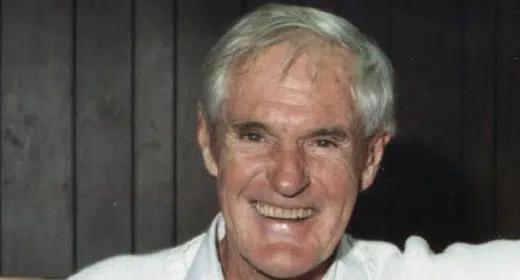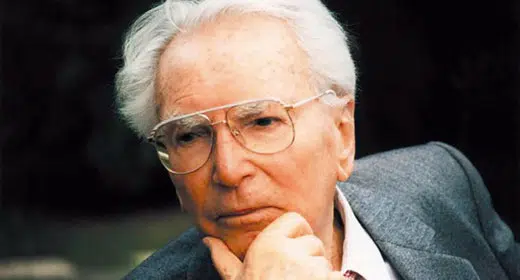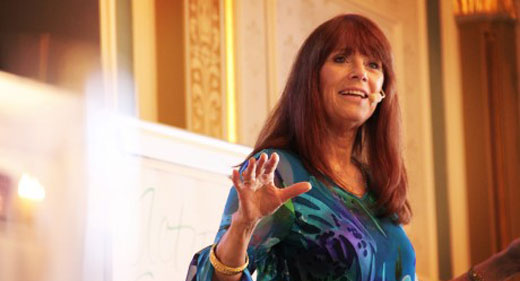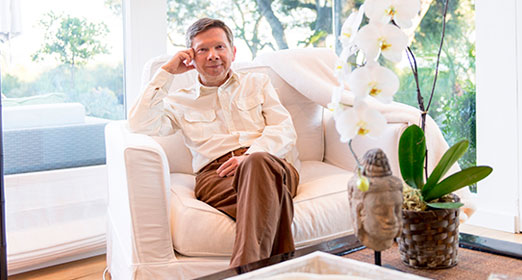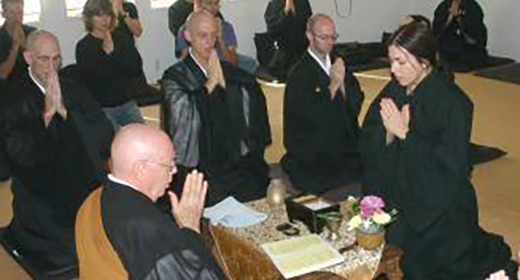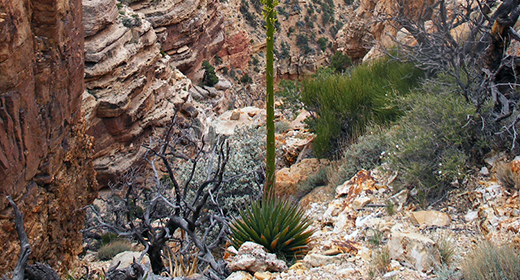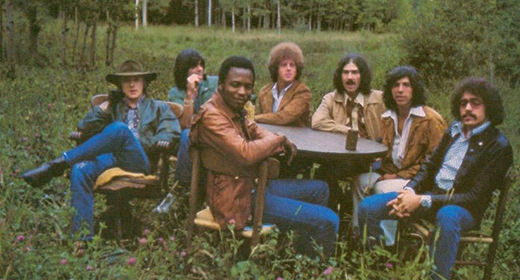bu Jonathan Robinson: In 1994, I edited a book called, “The Experience of God” in which I interviewed 40 notable spiritual leaders,

ranging from the late Mother Teresa to Marianne Williamson, to the Dalai Lama. In rereading it recently, I was “gobsmacked” by what folks had to say back then as to how best to develop spiritually. Nowadays, I interview spiritual leaders on a podcast I co-host called, “Awareness Explorers.” I tend to ask the same questions as I did 25 years ago, but today the answers I receive from spiritual leaders are surprisingly different.
Just as computers and phones have gone through dramatic upgrades in the last quarter of a century, so has the “technology” of finding inner peace. The precise things that have changed can be described in various ways. First of all, much of the terminology has changed. For example, nowadays people are much more likely to say they are pursuing inner peace, or mindfulness or consciousness — rather than seeking God.
Of course, other changes are even more profound. The ideas and methods underlying many spiritual paths often look completely different than they did 25 years ago. In attempting to make a list of some of these changes, this is what I came up with:
Nowadays there is…
1. Less interest in religion and more interest in non-religious methods of “awakening.”
2. Less reverence for church authority and more respect for one’s own intuition and sense of what’s right
3. Less interest in prayer, and more interest in meditation, yoga, and tai chi.
4. Less interest in guru’s, cults, and communes and more interest in retreats, podcasts, and workshops.
5. Less interest in “just say no” to drugs, and an upswing of interest in the sacred use of psychedelics and marijuana
6. Less interest in needing to clean up your act in order to connect with peace, and more interest in quick and direct ways of awakening.
7. Less interest in old rituals and more interest in using technology (apps, etc) to help with finding inner peace
8. Less interest in finding “God,” and more interest in connecting with one’s True Nature or consciousness in daily life.
9. Less interest in long meditation retreats, and more interest in spiritual transmissions or healing workshops.
10. Less interest in knowing how one is sinning, and more interest in self-love and spiritual healing.
Taken together, that’s a lot of changes in a short period of time, and my list is not even exhaustive. Yet, since these changes haven’t hit us all at once, it can be hard to notice the gradual, consistent changes that are taking place.
As I contemplated my list of changes, I asked myself, “As a whole, are these changes good?” Well, that depends on what your notion of spirituality is. Is it better that there is now less focus on sin and religion, or is that a bad thing? There are no easy answers to questions such as that. However, as someone who leads spiritual retreats and workshops, I have noticed a few changes that I would definitely label as positive. For example, I have been happy to notice that compared to 25 years ago:
1. Nowadays people have a better understanding that their thoughts and their mind are not always their friends.
2. Nowadays people have an easier time finding inner peace through better meditation techniques, meditation apps, and body practices such as yoga. In addition, such practices are much more mainstream.
3. Nowadays people are less likely to be judgmental or hostile to other people’s ways of pursuing religion or inner peace.
4. Nowadays people are less likely to give their power away to potentially corrupt religious authorities or gurus.
When I realized the field of spirituality was changing as much as every other thing in the world, it gave me new hope. After all, the great acceleration of change in the world has left us in a dangerous place. We now have thousands of nuclear weapons, vast climate change, and daily acts of terrorism. If we don’t evolve to a higher level of consciousness soon, we could very well destroy ourselves. While it may seem unlikely we could quickly evolve as a species, truly anything is possible. If millions or billions of people could learn to easily tap into the peace and love inside themselves, this world would rapidly become a very different place.
So, for a moment, imagine a world in which people connect to inner peace as commonly as they now turn on their TV sets. Imagine a world where unconditional love for others is not unusual, but rather the norm. Imagine human beings collectively acting from their deep intuitive wisdom and a desire to care for each other. Or, As John Lennon so aptly wrote, “Imagine all the people living life in peace…You may say I’m a dreamer, but I’m not the only one…I hope someday you’ll join us and the world will be as one.” Indeed, it could happen…In fact, it could already be happening without our even noticing it!


